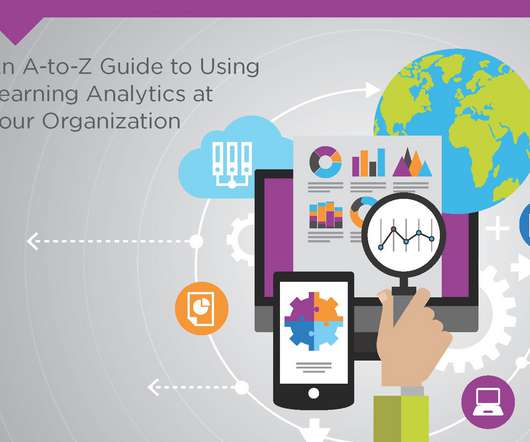Manager's Role in Learning and Performance Improvement
The Performance Improvement Blog
SEPTEMBER 17, 2013
Google did a study of its employees and found that managers are successful in Google, not because of their technical expertise, although that’s important, but because of what they do to help team members learn and develop and achieve success. Four trends are making continuous learning an essential part of doing business today.















Let's personalize your content